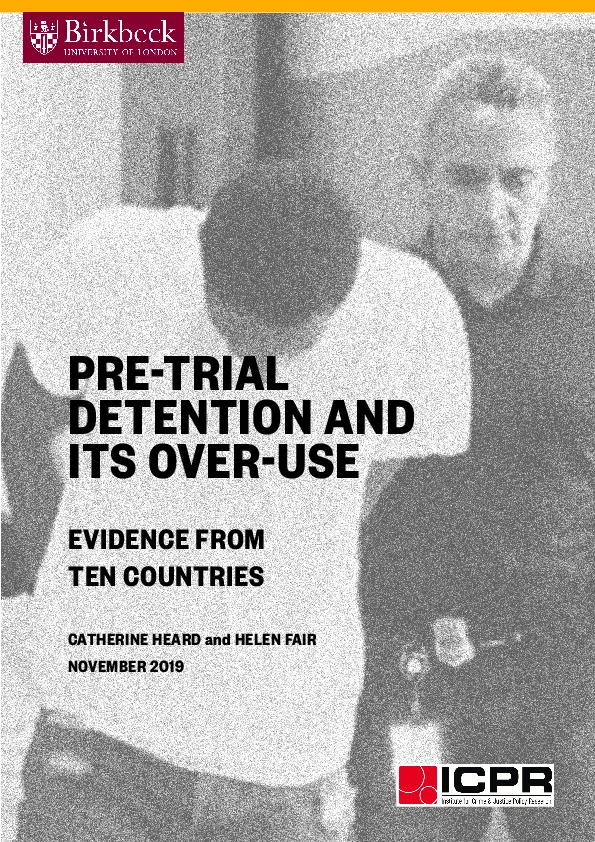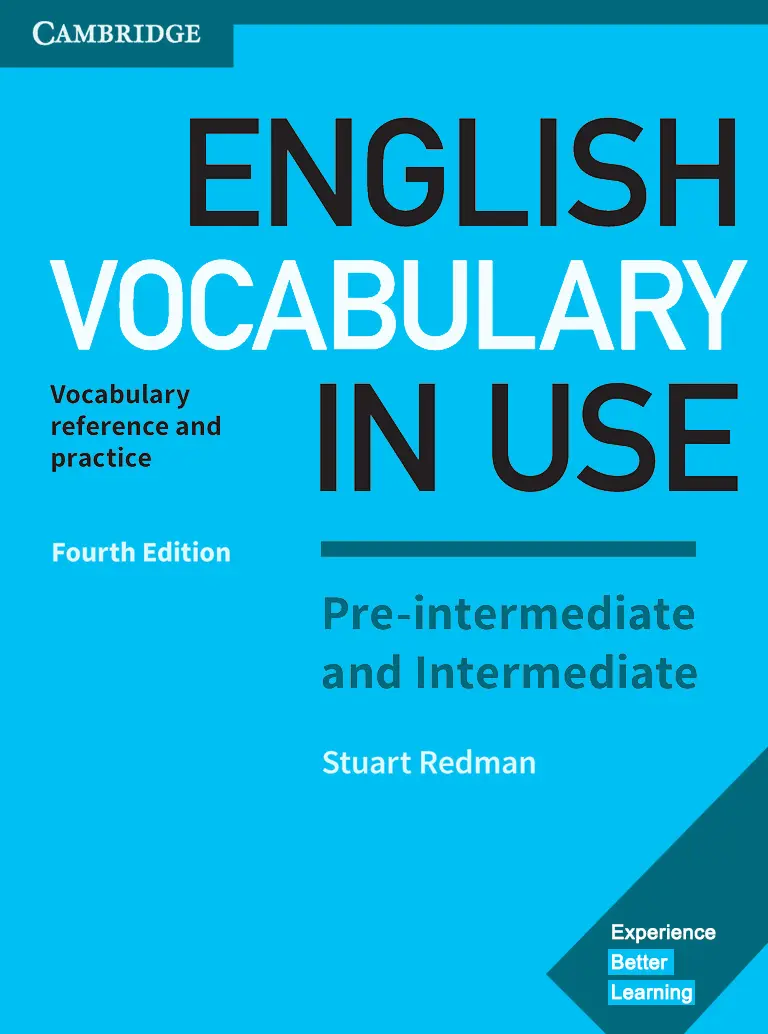NASHIF ET AL (2019) IMPLICIT TERMS IN PRETRIAL DETENTION COMPARATIVE ANALYSIS IN THE AMERICAS

Book Description
Between the ages of 17 and 20 many of us will have had the opportunity to travel to new and exciting places, go on our first dates, start university, or get our first jobs.
Kalief Browder didn’t have the chance to do any of these things.
He spent these three, formative years in Rikers Island jail in New York.
He suffered mental, physical and sexual abuse – and endured two years in solitary confinement.
Tragically, two years after his release, Kalief committed suicide.
He was 22. He was placed in detention and subjected to unimaginable horrors because he was too poor to pay bail and because he refused to plead guilty to something he didn’t do.
He spent three years in jail because the prosecution couldn’t get its act together to prosecute or drop the case; and because New York’s courts didn’t care enough about Kalief’s life and his freedom to order his release. Of course, law and procedure play an important role in addressing the over-use of pre-trial detention but, in my view, what underlies the current pre-trial detention crisis is a fundamental disregard for the lives of some people – often the poorest, most marginalised and most vulnerable in society.
As this fascinating global study demonstrates, this isn’t just an American problem.
This disregard for human life underlies a global crisis: around three million people are in pre-trial detention around the world. The interviews with defence lawyers cited throughout this report allow us to look beyond the law on paper.
They provide an insight into what’s really driving the consignment of millions of people like Kalief Browder to days, months and years in pre-trial detention: They probably did it anyway: The research highlights a disturbing disregard for the presumption of innocence.
In the words of one Hungarian lawyer, pre-trial detention ‘functions not as a preventive measure but as an advance punishment’.
Indeed, if the aim of the system is simply to convict people who are presumed to be guilty, the coercive effect of detention might even seem useful: So, if you’re out on bail, you’re less likely to just plead guilty to get it over with even if you’re not guilty, because you’re free.
But if you’re in and you’re waiting,… that’s definitely going to affect how likely you are to take a plea, how desperate you are.
(New York) I’m too scared to release them: Judges and prosecutors across the globe are described as being driven by fear in today’s pervasive ‘tough on crime’ political and media context.
‘[T]hey’re scared of ending up as front page news’ if they release a person pre-trial who goes on and commits a further offence (Australia); and ‘[t]here’s so much sensationalist TV coverage of stories involving blood, gangsters, arrests, chases … it has a harmful effect on the mind-set of judges … affecting them as much as their formal legal education.’ (Brazil) We can’t take risks with people like this: When judges fail to engage with defendants as real people, they’re more likely to see them as stereotypes.
Presented with the scenario of a person accused of murder, lawyers in many of the countries said the social standing and race of the person would likely determine their chances of getting bail.
In India, ‘[t]he decision would depend on the characteristics of the accused, the strata of society the accused comes from, his credentials in life…’; in South Africa, ‘if he had been arrested in one part of the city it would be seen as a gangster crime and would be harder to get bail.
If it was in a suburb, drunk students, remand would be less likely’. I don’t have the time to do it properly: Simply managing court ‘business’ seems more important than doing justice: ‘Magistrates are so overwhelmed they cannot engage with the facts or the person before them, and ‘barely look up to see who the accused person is’ (India); and ‘[the court] doesn’t have the time to apply the law … they want to shuffle through cases as quickly as possible’ (South Africa).
Fair Trials’ own research has shown that defence lawyers, too, often fail to turn up to detention hearings and that their advocacy is frequently passive or non-existent when they do.
Courses
Education, LawReview Posted!
Add your details below to get email notifications when someone replies to your review.
Delete Comment?
This action cannot be undone. Are you sure?
Login
Still looking for something else?
Try this Advanced search Enhanced by Google
 Exotic Ai
Exotic Ai












Comment Section (0)
No reviews yet. Be the first!